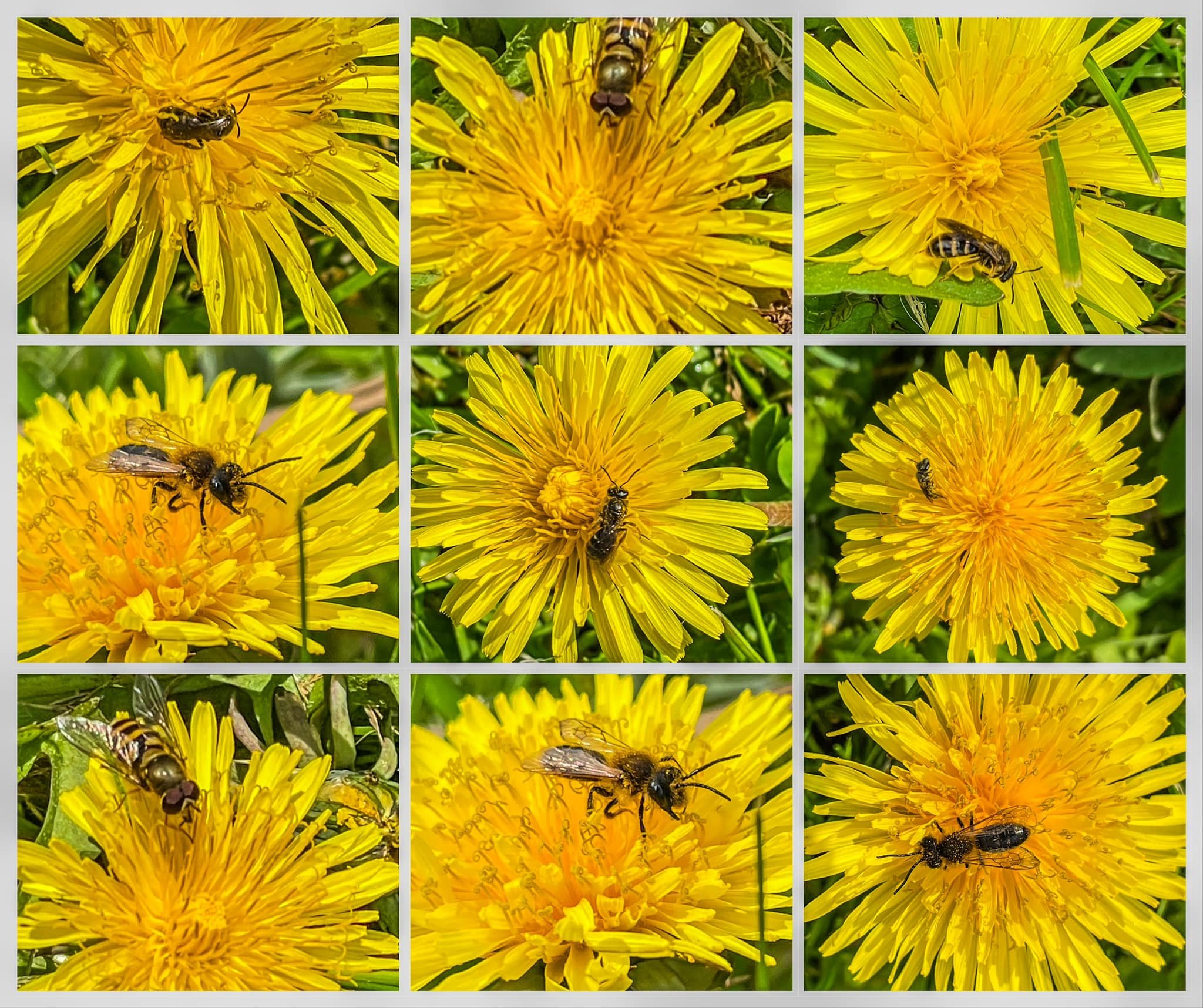The Survival of Bees
Thanks to Vanessa for this weeks post.
We all depend on the survival of bees.
Bees and other pollinators, such as butterflies, bats, moths and hummingbirds, are increasingly under threat from human activities.
Pollination is, however, a fundamental process for the survival of our ecosystems. Nearly 90% of the world’s wild flowering plant species depend, entirely, or at least in part, on animal pollination, along with more than 75% of the world’s food crops and 35% of global agricultural land. Not only do pollinators contribute directly to food security, but they are key to conserving biodiversity.
We need to act now
Bees are under threat. Present species extinction rates are 100 to 1,000 times higher than normal due to human impacts. Close to 35 percent of invertebrate pollinators, particularly bees and butterflies, and about 17 percent of vertebrate pollinators, such as bats, face extinction globally.
We need to do more.
Individually we can by:
Planting a diverse set of native plants, which flower at different times of the year, think about getting different flower shapes like cups, bells, open flowers to suit a wide range of insects and bees;
Buying products from sustainable local growers;
Avoiding pesticides, fungicides or herbicides in our gardens - campaign about chemical use - join Pesticide Action Network
Learn more about native wildflowers and trees, count the native species in your garden - remembering native species have co-evolved with our insects to provide them with food at the right time.
Mowing some areas of your lawn can help ground nesting bees, try and do no-mow May and reduce your mowing - create more path ways.
Go on a scything course - use your scythe in your garden to cut your grass, reduces noise, good exercise and it requires very little maintenance.
Protecting wild bee colonies when possible;
Making a bee water fountain by leaving a water bowl outside;
Make bee hotels by tying short lengths of bamboo together and leave in a sheltered south facing spot.
Bee Hotel
Hunt down insect books in charity shops and improve your knowledge!
Join or set up a Wilder Garden project.
Raising awareness around us by sharing this information within our communities and networks because the decline of bees affects us all.
Love dandelions!


